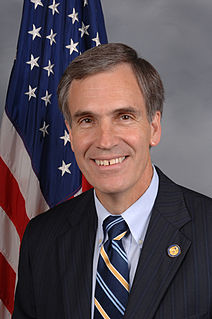A Quote by Gordon Brown
Britain should be the world's number one center for genetic and stem cell research, building on our world leading regulatory regime in the area.
Related Quotes
In science there is something known as a stem cell. A stem cell is an undifferentiated cell which has not yet decided whether it's gonna be a cell of your brain or a cell of your heart or of your finger nail. But science is learning how to coax, how to manipulate, the raw material of life that we call stem cell to become any cell of the body. I think that God is the stem cell of the universe.
Now, as the world's scientists focus with increasing intensity on transforming the genetic codes of every living creature into information that can be used to treat and ultimately prevent disease, Shenzhen is home to a different kind of factory: B.G.I., formerly called Beijing Genomics Institute, the world's largest genetic-research center.

































